Funded projects - Energy Transition Initiative
Funded Projects
We have organized the NTNU Energy Transition Initiative reserach projects into five categories:
- Sustainable transition
- Innovation & entrepreneurship
- Sector demand and sector coupling
- Consumers & markets
- Energy supply and energy systems
Below you can read more about the different projects and find links to their websites.
Sustainable transition
OPEN ENTRANCE
Open ENergy TRansition ANalyses for a low-carbon Economy
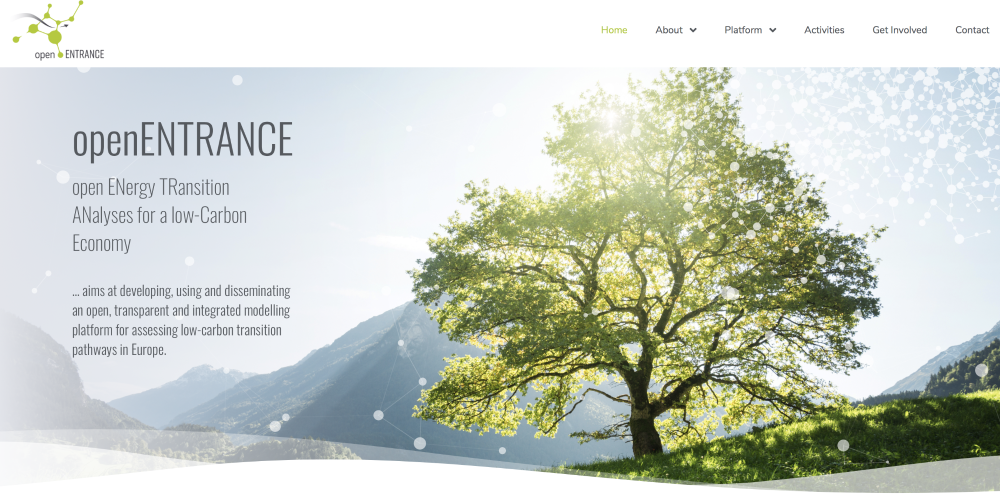
ENTRANCE addresses the development, use and dissemination of an open, transparent and integrated modelling platform for assessing low-carbon transition pathways. The platform will be populated with a suite of state-of-the-art modelling tools and data for covering the multiple dimensions of the energy transition. This will facilitate and improve the dialogue between researchers, policy makers and industry when investigating central questions in the transition.
- Funding source: H2020
- NTNU contact person: Pedro Crespo del Granado
NTRANS
Norwegian Centre for Energy Transition Strategies
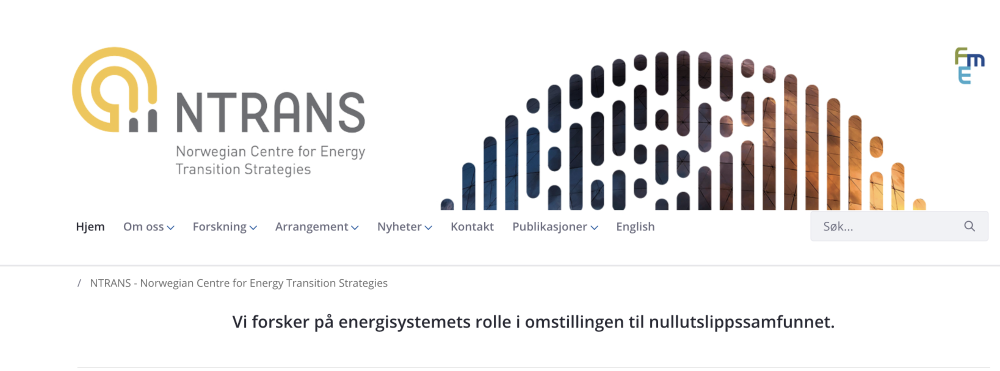
NTRANS is a national research centre for energy transition studies (FME) which will study transitions in the energy sector, and in the related sectors. The centre will bring together sociology, political science, economics, economic geography, science and technology studies, innovation studies.
- Funding source: Norwegian Research Council, user partners and research partners
- NTNU contact person: Asgeir Tomasgard
Innovation & entrepreneurship
NCCS
Norwegian CCS Research Centre
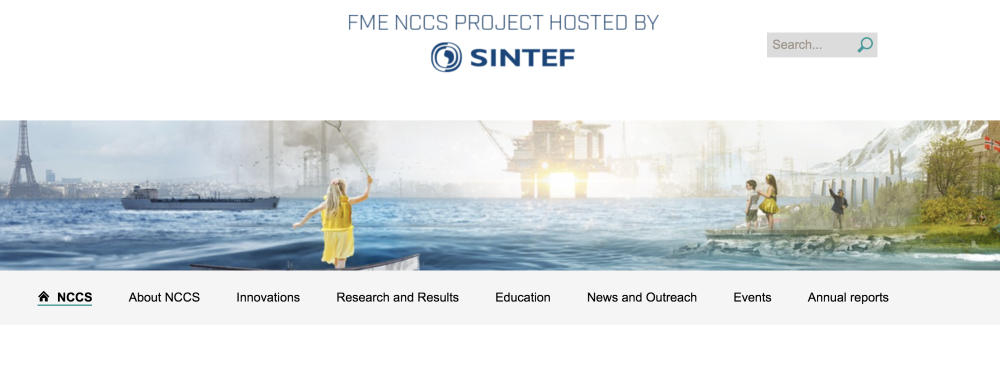
Description: NCCS will enable fast track CCS deployment through industry-driven science-based innovation, addressing the major barriers identified within demonstration and industry partners aiming at becoming a world leader CCS centre.
Project Partners: 12 research partners, industry and associated partners.
- Hosted by SINTEF
- Funding sources: Norwegian Research Council, industry and research partners
- Contact person: Asgeir Tomasgard
HighEFF
Centre for an Energy Efficient and Competitive Industry for the Future
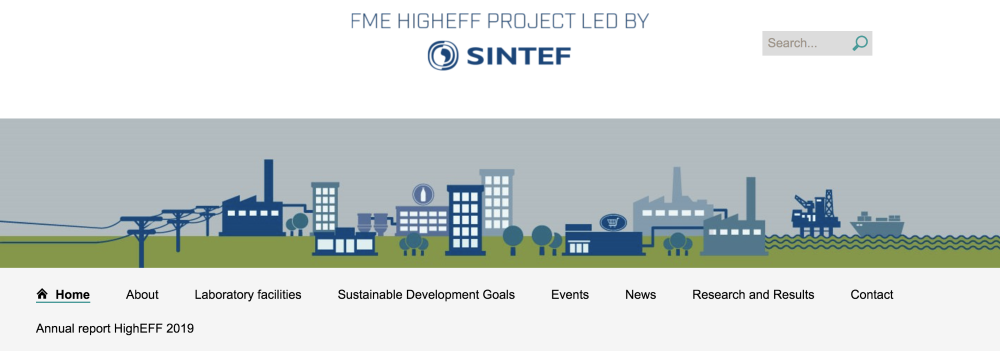
HighEFF aims to become a platform for innovation in industrial energy efficiency. This will contribute to value creation and increased competitiveness for the Norwegian industry, as well as lead to reduced environmental impact and increased productivity through better utilization of energy resources.
- Hosted by SINTEF
- NTNU contact person: Truls Gundersen
- Funding: Norwegian Research Council, FME
Sectoral demand & sector coupling
MOZEES
Norwegian Research Centre on Zero-Emission Energy Systems for Transport

Norway has access to vast amounts of renewable power, some of which can be used to produce electricity and hydrogen for transport. Ambitious national and regional climate policies on low and zero-emission transport are currently being implemented, including economic support for the introduction of battery and hydrogen fuel cell electric vehicles. MoZEES will focus on battery and hydrogen value chains, systems, and applications where Norway can take a leading position in the future.
- Funding: Norwegian Research Council, user partners and research partners
- Contact person at NTNU: Asgeir Tomasgard
Syn.ikia
Sustainable plus energy neighbourhoods
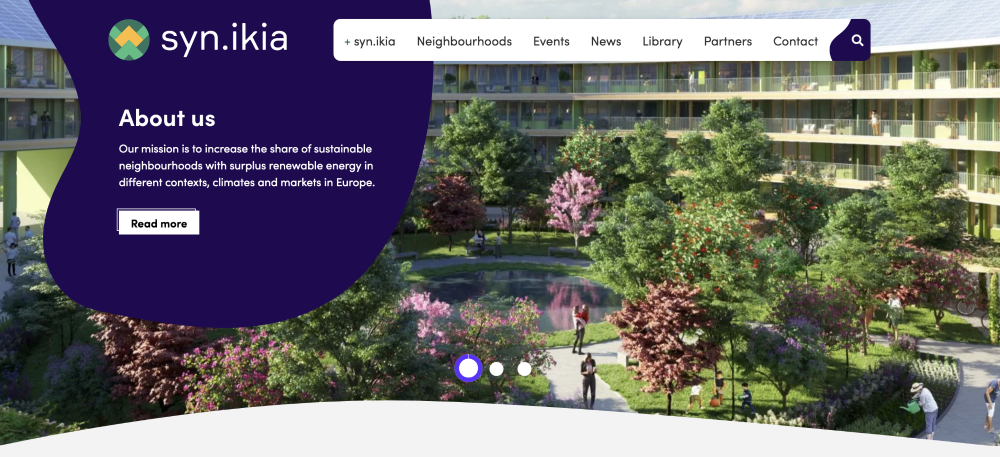
The syn.ikia project involves 13 partners from six countries and aims at enabling the development of sustainable plus energy neighbourhoods in different climates, contexts and markets in Europe. Four real-life plus-energy demo projects tailored to four different climatic zones will be developed, analysed, optimized and monitored within the duration of the project. Syn.ikia’s concept relies on the interplay between novel technologies at the neighbourhood scale, energy efficiency of the buildings, energy flexibility, good architectural and spatial qualities, sustainable behaviour, and citizen engagement.
- Funding: EU H2020 New developments in plus energy houses (IA) LC-EEB-03-2019
- Contact person at NTNU: Niki Gaitani
ChiNoZEN
Key technologies and demonstration of combined cooling, heating and power generation for low-carbon neighbourhoods/buildings with clean energy
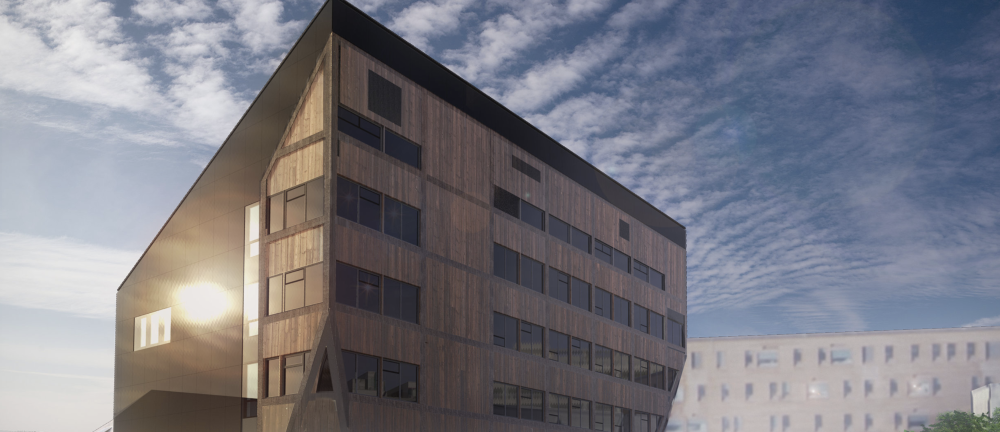
The ChiNoZEN project is a collaborative project between Norway and China. Shanghai Jiao Tong University and Norwegian University of Science and Technology coordinate the project. The main mission of the ChiNoZEN project is to find optimal cooling, heating and power generation technologies based on renewable energy, and to increase the understanding of how building and neighbourhood energy flexibility can be used to increase the renewable energy use.
- Funding: Research Council of Norway with China on Energy
- Contact person at NTNU: Arild Gustavsen
Consumers & markets
Hydro CEN
Norwegian Research Centre for Hydropower Technology
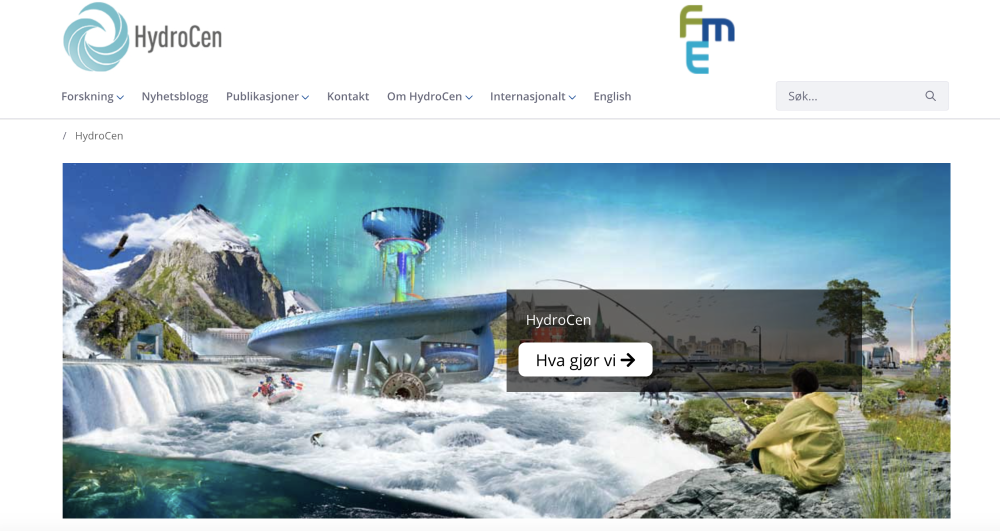
The main objective of Hydro CEN is to enable the Norwegian hydropower sector to meet complex challenges and exploit new opportunities through innovative technological solutions. The research areas include 1) Hydropower Structures, 2) Turbine and generators, 3) Market and Services, Environmental Design. The annual budget is NOK 48 mill per year, total NOK 384 mill in eight years.
- Funding: Norwegian Research Council, user partners and research partners
- Contact person at NTNU: Asgeir Tomasgard
ZEN
Research Centre in Zero Emission Neighbourhoods in Smart Cities
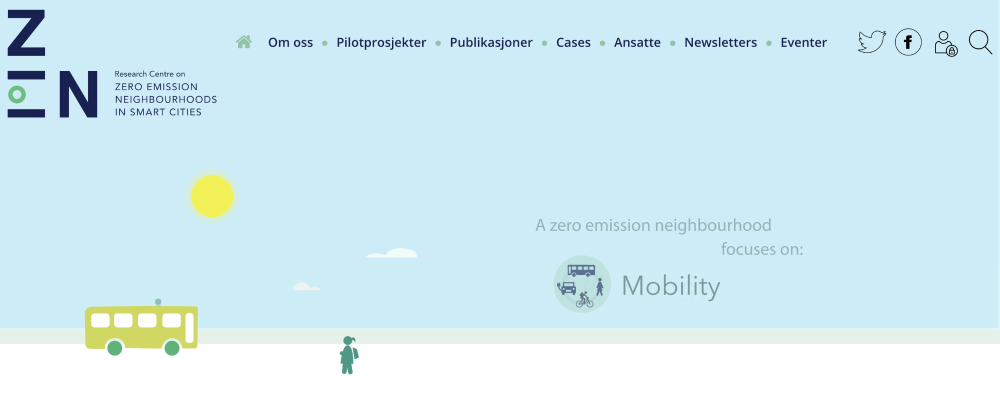
ZEN conducts research on zero-emission neighbourhoods in smart cities. The goal of the centre is to develop solutions for future buildings and neighbourhoods with no greenhouse gas emissions and thereby contribute to a low carbon society.
- Funding: Norwegian Research Council, user partners and research partners
- Contact person at NTNU: Arild Gustavsen
Bio4fuels
Norwegian Centre for Sustainable Bio-based Fuels and Energy
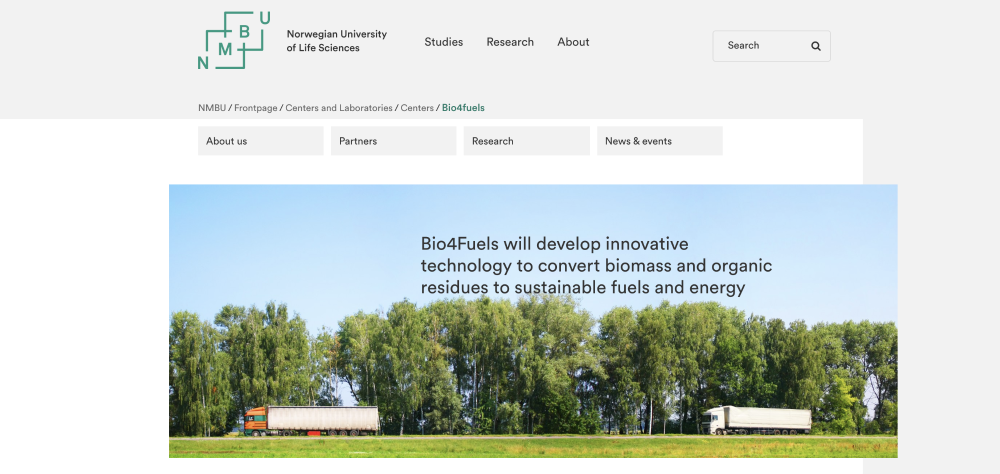
Description: The goal is the sustainable production of biofuels and bioenergy where a variety of technologies will be explored, including carbohydrate processing and thermochemical approaches. The research and development in Bio4Fuels is organized in four integrated research topics: Bio-resource, Environment and Climate; Primary Biomass Conversion;Secondary Conversion and Upgrading, and Process design and End-Use.
- Funding: Norwegian Research Council, FME
- Contact person at NTNU: Terese Løvås
SMARTEES
Social Innovation Modelling Approaches to Realizing Transition to Energy Efficiency and Sustainability
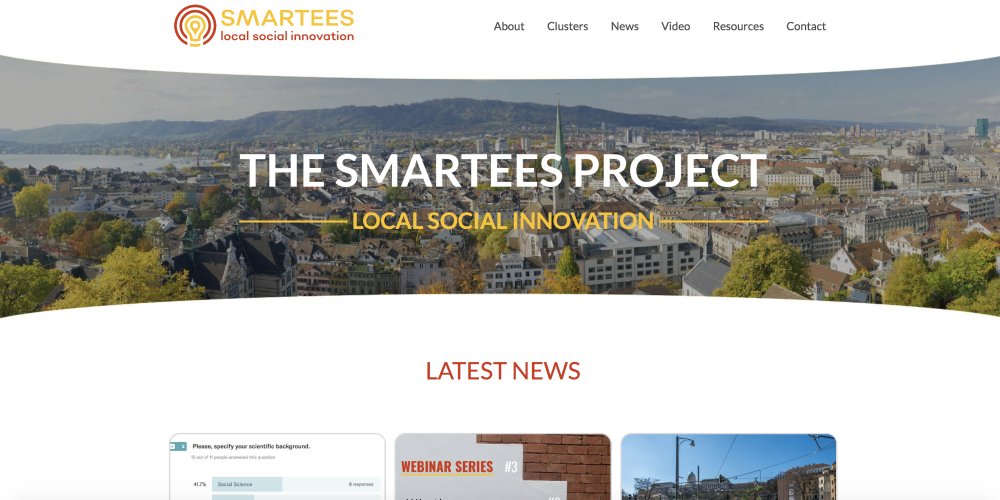
SMARTEES is a transdisciplinary research project which aims to support the energy transition and improve policy design by developing alternative and robust policy pathways that foster citizen inclusion and take local peculiarities into account.To reach these objectives, SMARTEES examines five types of energy- and mobility-related local social innovation in ten front-runner cities and islands across Europe.
Funding source: H2020
NTNU contact person: Christian Klöckner
CityXchange
Social Innovation Modelling Approches to Realizing Transition to Energy Efficieny and Sustainability
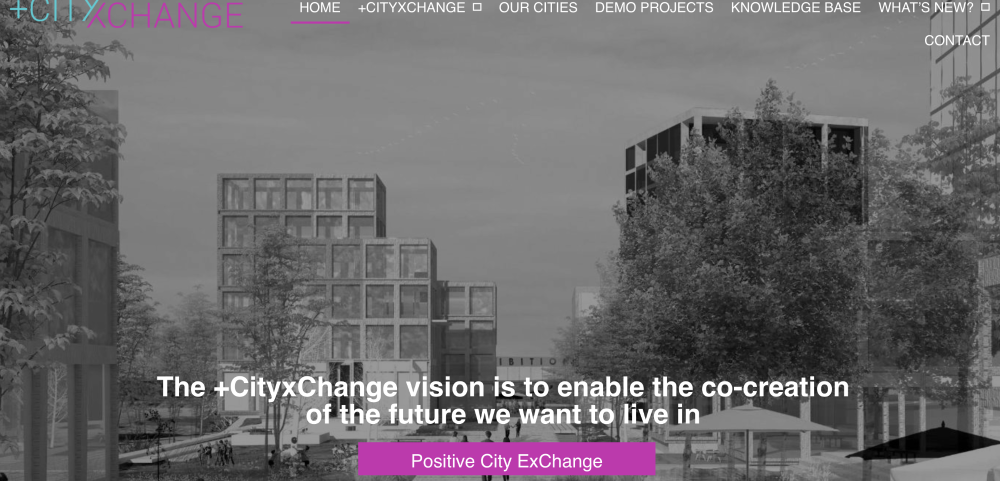
Municipalities are already facing completely different complexities within their societies. In order to keep up with this rapid pace of change, and to guarantee the well-functioning of their cities, municipalities must improve their approach on how to utilise their resources and engage with new technologies. Recent technological developments have changed and reshaped the functioning scheme of different service sectors, including the energy markets. CityxChange is situated in the process of this transition and aims at providing new evidence-based and replicable solutions in the urban environment.
Funding: H2020
Energy supply & energy systems
NAVIGATE
Next generation of AdVanced InteGrated Assessment modelling to support climaTE policy making
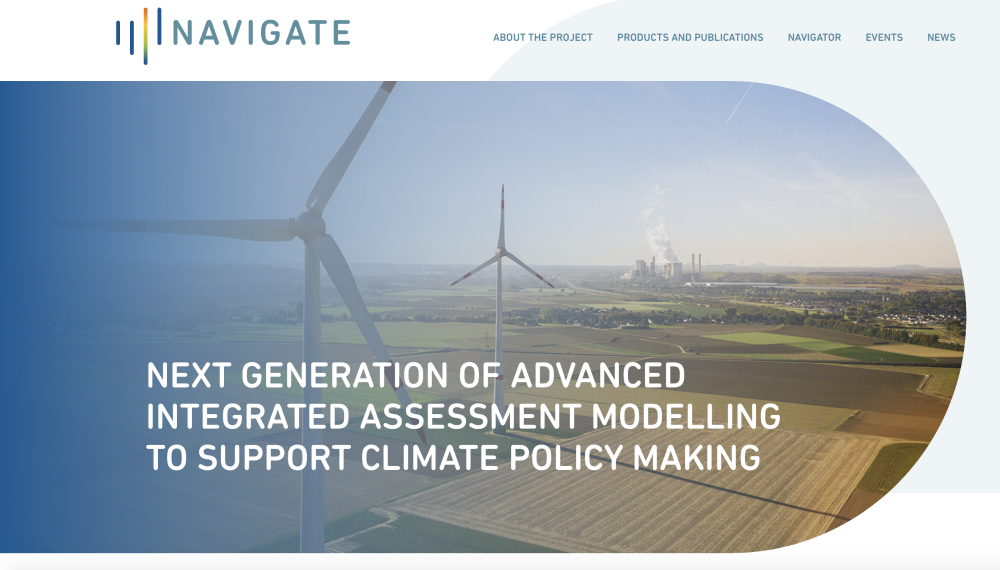
Integrated assessment models (IAMs) integrate energy, economy, land, water, and climate into a consistent modelling framework that provides regionally and sectorally differentiated climate-change-mitigation pathways.
- Funding source: H2020
- NTNU contact person: Anders Hammer Strømman
Projects that are finished
SET-Nav
Navigating the Roadmap for Clean, Secure and Efficient Energy Innovation
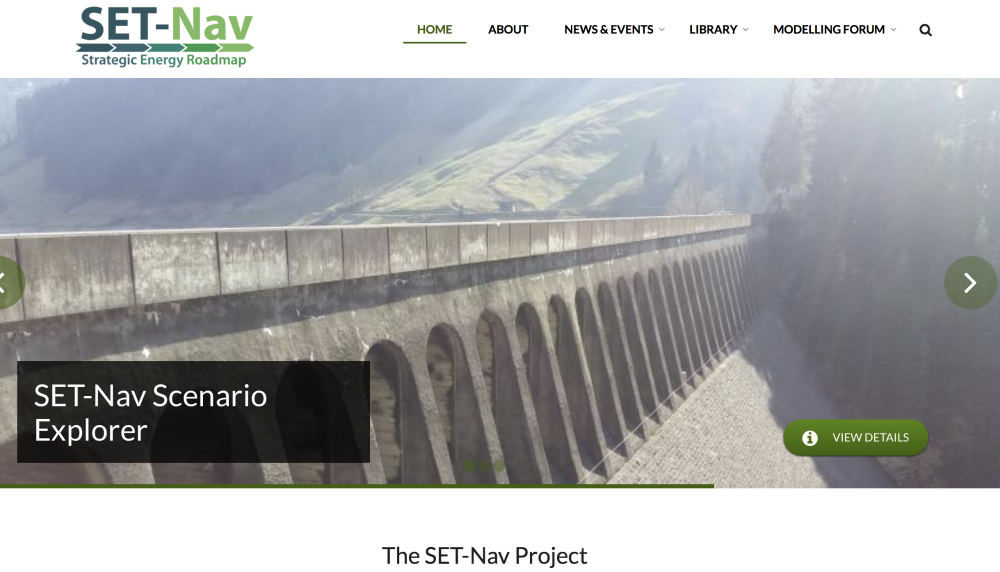
SET-Nav supports strategic decision making in Europe's energy sector, enhancing innovation towards a clean, secure and efficient energy system, through development of a modelling portfolio for decision making, impact analysis and stakeholder dialogue.
Funding source: H2020
NTNU contact person: Ruud Egging-Bratseth
ECHOES
Energy CHOices supporting the Energy Union and the Set-Plan
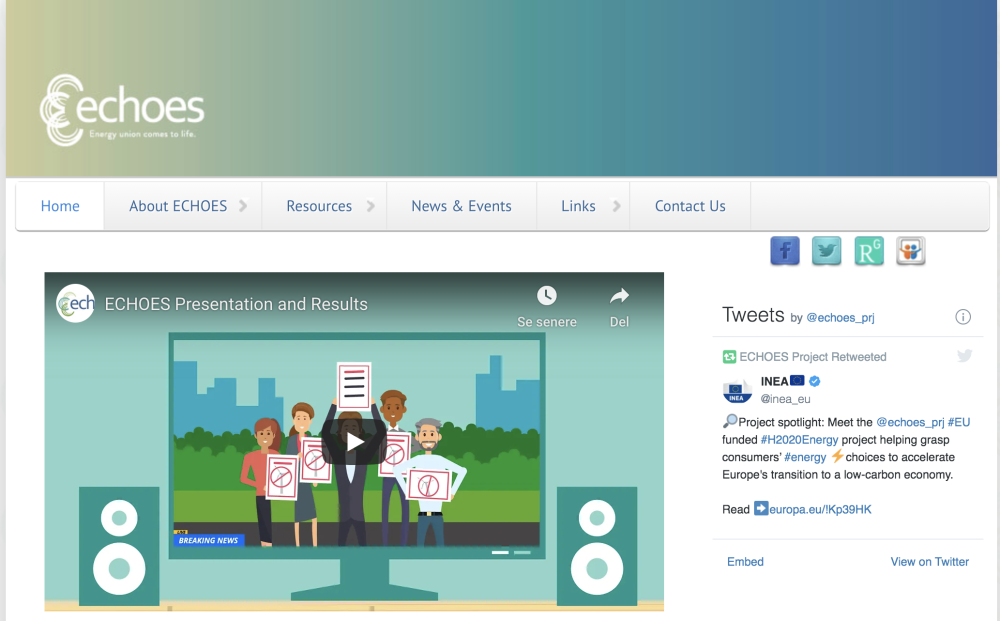
ECHOES aims to unlock the policy potential of an integrated social science perspective on energy behaviour. ECHOES will foster the implementation of the SET (Strategic Energy Technologies)-Plan Actions and advance towards the Energy Transition, as well as the decarbonizing of EU’s future energy system.
Funding Source: H2020
NTNU contact person: Christian A. Klöckner